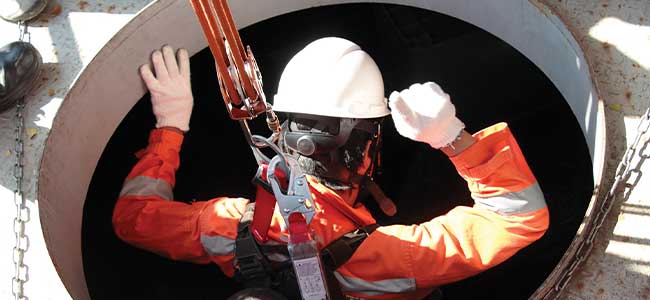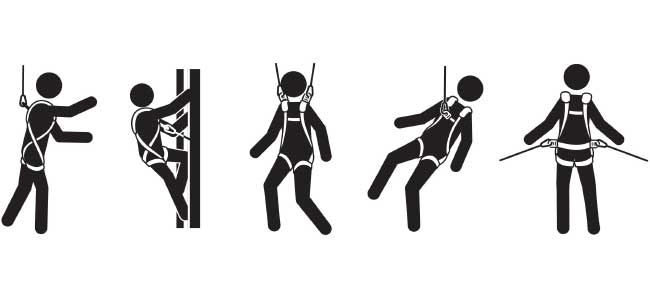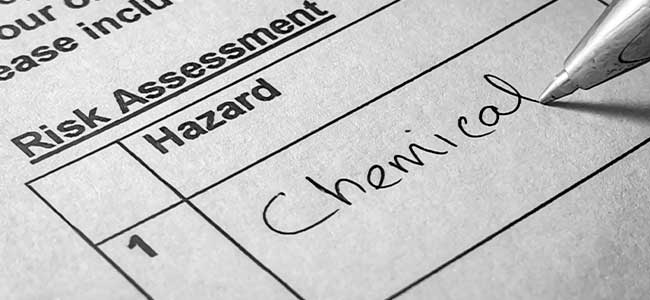
What are the steps you should first consider to ensure your confined space entries are safe and that workers are best equipped to respond if they are met with a life-threatening hazard?

Heightened federal oversight on falls means employers should make sure they’re familiar with fall protection standards and that each worker is using the right type of harness for their particular application.

Reducing hand fatigue with light-weight gloves that pack a heavy-weight cut-protection punch.

Five ways to keep workers safe through implementing an effective hazard communications program.

How you can implement a program that leverages bite-sized lessons to help workers fully digest a full course of fall protection education.
Recalibrating how safety managers can effect change in their organizations.

Three common myths about putting wearables to work in your health and safety program.

There are multiple benefits of hazard communication training. What are they and how do you get started?
Persistence is a critical leadership attribute — but not when it comes to those nagging injuries that continue to drag down safety performance and culture and adversely impact workers and workloads.

An OSHA initiative means employers who use hazardous chemicals in the workplace should start preparing to update their hazard communication training programs. Who needs training, what are the elements of training, and how do you make an effective program?